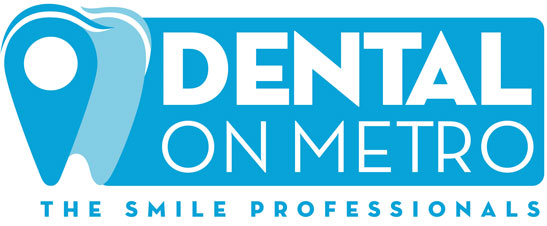Teeth generally begin to erupt at around 6-8 months of age and once teeth are present the potential for dental decay arises.
Saliva in the mouth is natures protection against tooth decay however saliva flow slows down drastically at night (during sleep). Intuitively therefore night time feeding increases the risk of tooth decay – after teeth are present.
That said, however, we have been feeding our infants to sleep and demand feeding our infants at night since we were cavemen. Studies of prehistoric skulls do not show dental decay in infants. So why do some infants get decay and others not despite similar feeding patterns.
Some studies have put this down to the difference between breast milk and pasteurised (cow) milk and formula. Breast milk contains lactoferin and immunity from the mother which is thought to counteract the bacteria in saliva (and therefore decay). Furthermore breastfeeding is thought to cause less ‘pooling’ of milk in an infant’s mouth while sleeping than bottle feeding.
Certainly we know that using a bottle as a ‘comforter’, whether during the night or day, is a sure recipe for dental decay. Infant meals should have a start and a finish, then the source of food removed.
In addition to the above, variation in decay from one infant to another also depends on genetic disposition to dental decay and oral hygiene practices.
With the above in mind daily assisted brushing, minimising or eliminating night feeds (as soon as possible), sweet drinks (and foods) and the use of bottles as ‘comforters’ will get the best outcomes for infants teeth.
Dental on Metro is a family practice, kids can have check-ups as soon as they have teeth! We recommend from 2 years onwards. Kids check-ups are gap-free through to 16 years with any dental extras cover.

